When it comes to interior design, we’ve all heard “contemporary,” “industrial” and “art deco” thrown about, but do we really know what they actually mean? It’s time to decode these popular interior design styles and break down the elements of each so we can all be confident we know exactly what we’re talking about!
Published December 25, 2019, Updated May 22, 2021
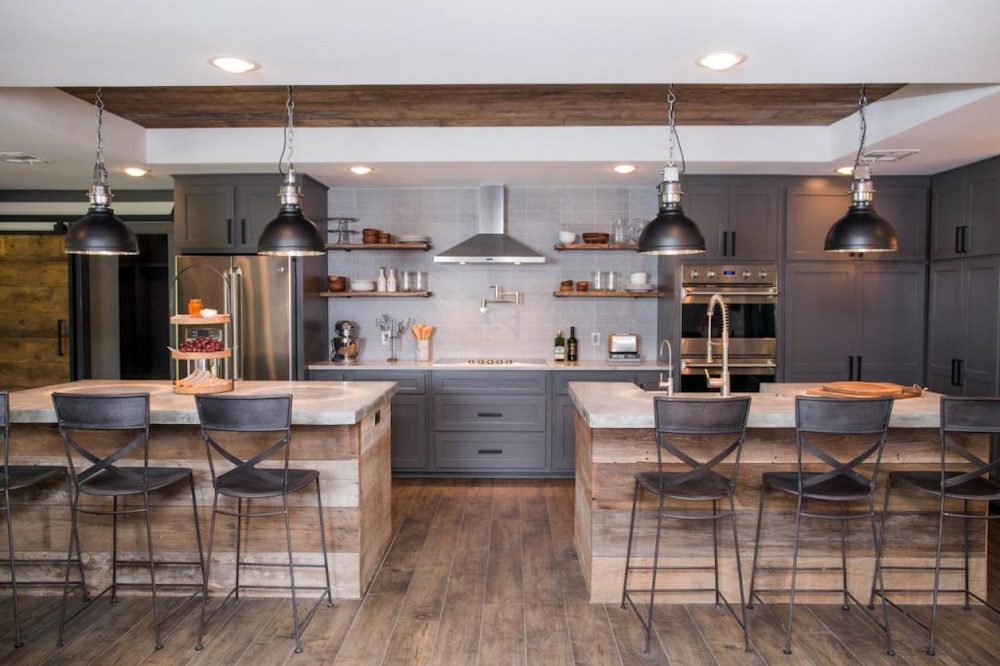
Industrial
An open floor plan, floor-to-ceiling windows and building materials you can still see (think duct work, brick walls and piping), as well as the use of leather, metal and rustic wood are all hallmarks of industrial design. Although this style first emerged in the early 20th century, its modern incarnation was made popular by the speedy conversion of redundant factories into loft apartments to accommodate a swelling urban population.
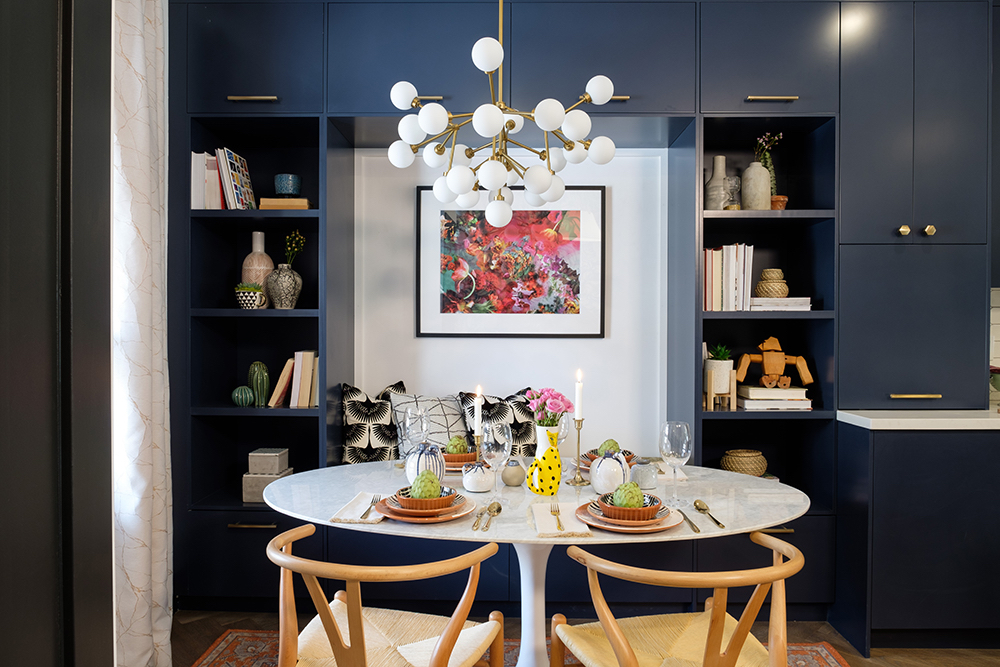
Mid-Century Modern
Over the past decade, mid-century modern design has had a massive resurgence – simple, functional furniture (usually made from teak, molded plastic, cement or glass) is placed in a minimalist environment. Splashes of colours that were popular in the 1950s and 1960s, such as orange, chocolate brown and olive green are found in the mid-century palette.
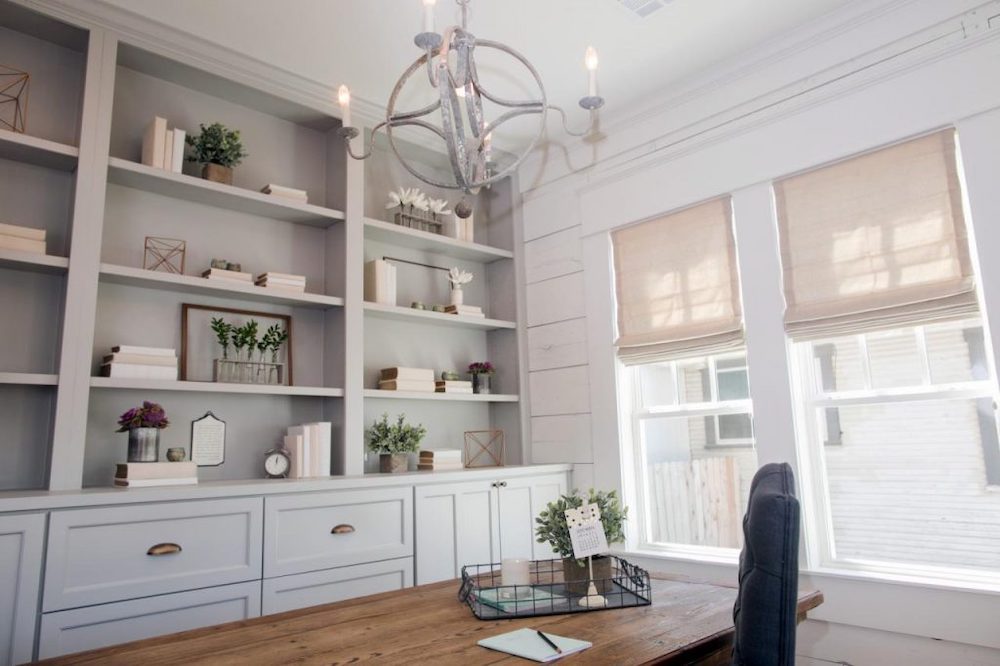
Modern Farmhouse
This interior design style is all about being comfortable without clutter and warm without whimsy. Overstuffed sofas in neutral colours are paired with salvaged-wood furnishings and wrought-iron accents. Barnboard or shiplap accent walls à la Joanna Gaines and non-fussy antiques are right at home in the modern farmhouse interior design style.
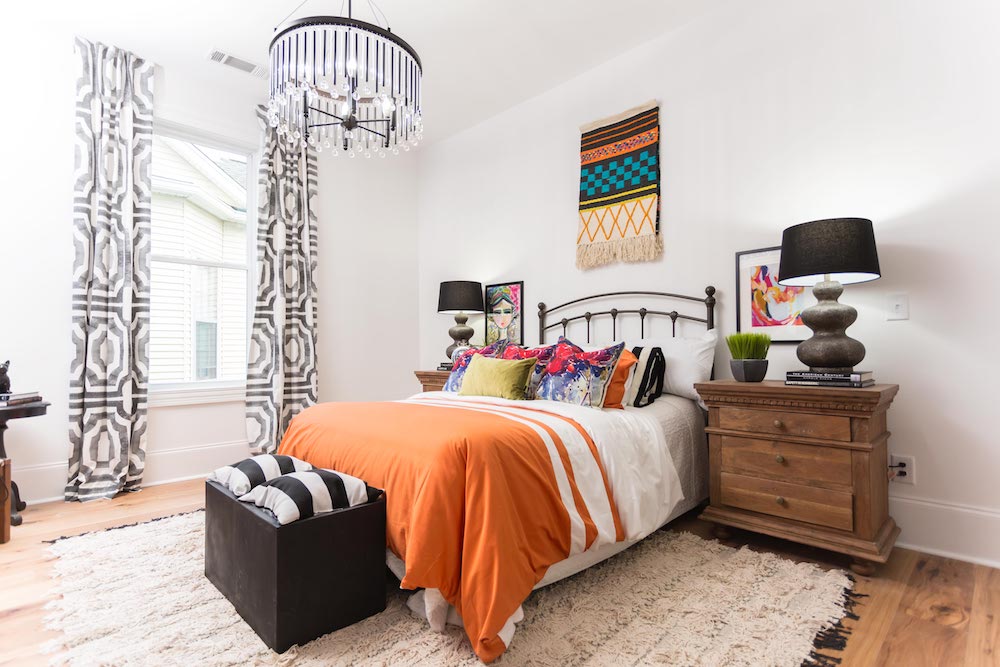
Bohemian
A design style popularized by the counterculture movement of the 1960s and characterized by layers of different textures, patterns and colours, bohemian interior design is all about a care-free, come-what-may lifestyle. Woven wall hangings, lush potted ferns, rattan furniture and special one-of-a-kind pieces collected from world travels abound in this free-spirited environment.
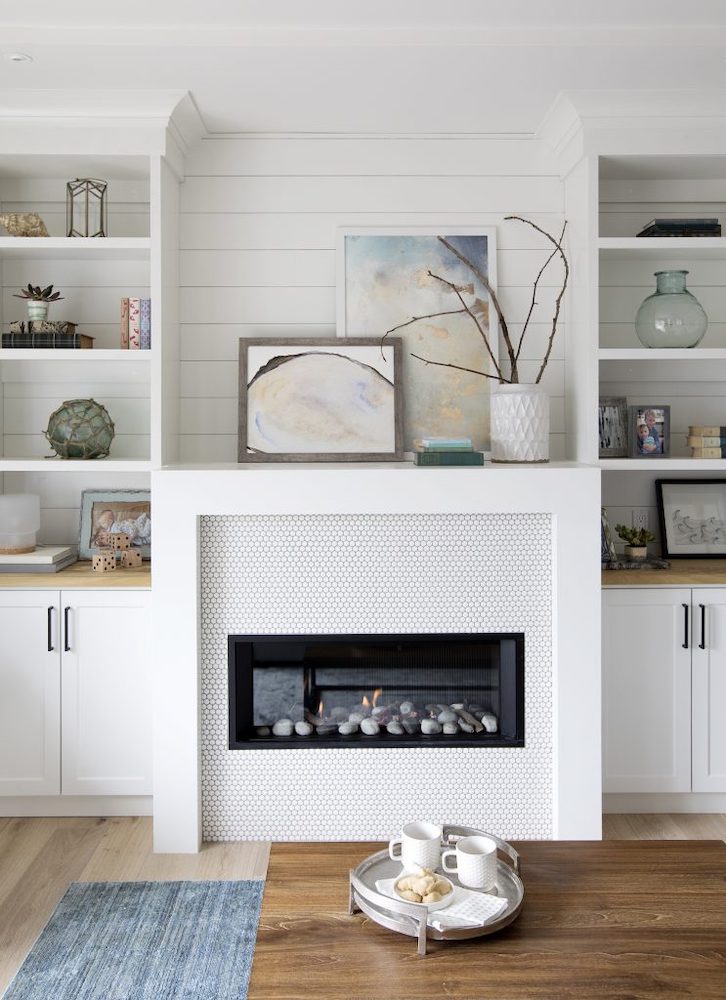
Coastal
You don’t need to live by the beach to showcase coastal design in your home – it’s all about being inspired by the white sands, blue waters and breezy skies. White-painted boards, light airy drapes, nautically themed accessories and various shades of blue and green throughout all work together to give a space the desired seaside atmosphere.
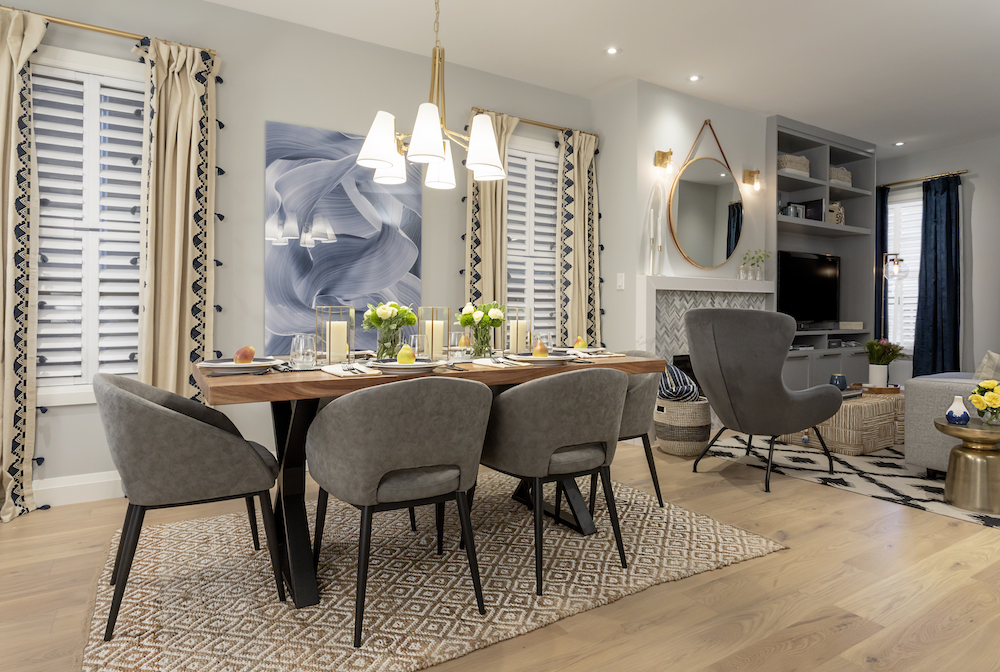
Contemporary
In contemporary design, furniture is low to the ground and focuses on basic streamlined shapes, ofttimes with metal legs or frames. Neutral colours make up the base palette with a rare punch of colour in accessories or furnishings and artwork tends to have a graphic element to it.
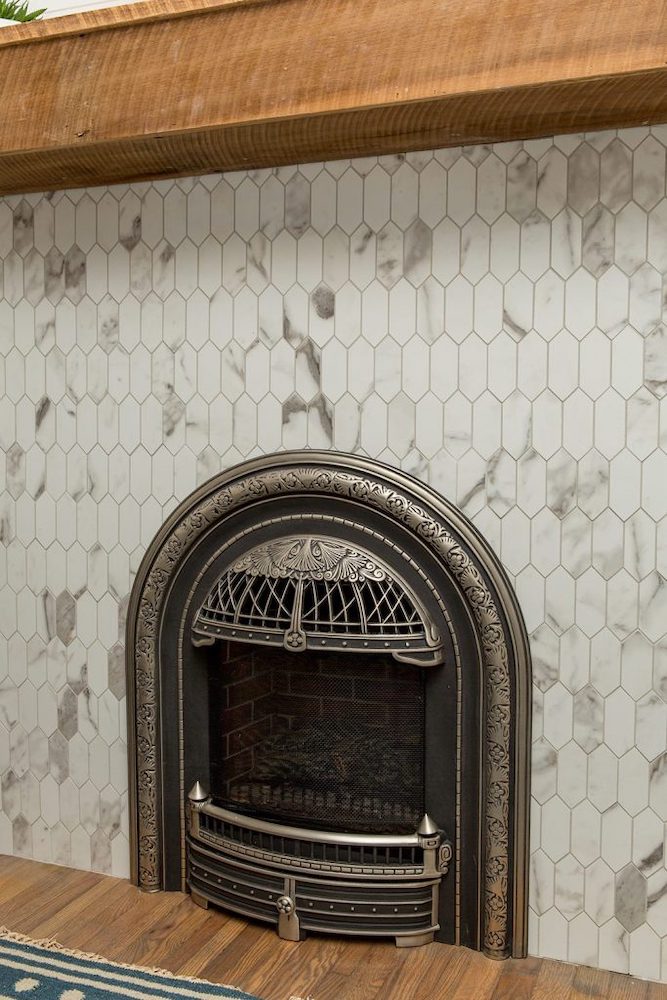
Art Deco
To get into the mind frame of art deco interior design, you’ll need to think back to geometry class – this streamlined style uses geometrical shapes everywhere. First coming to prominence in the 1920s, art deco is all about sleek forms, chrome hardware, glass tops and mirrored accents. Vibrant, often clashing colours, are also a part of this design style.
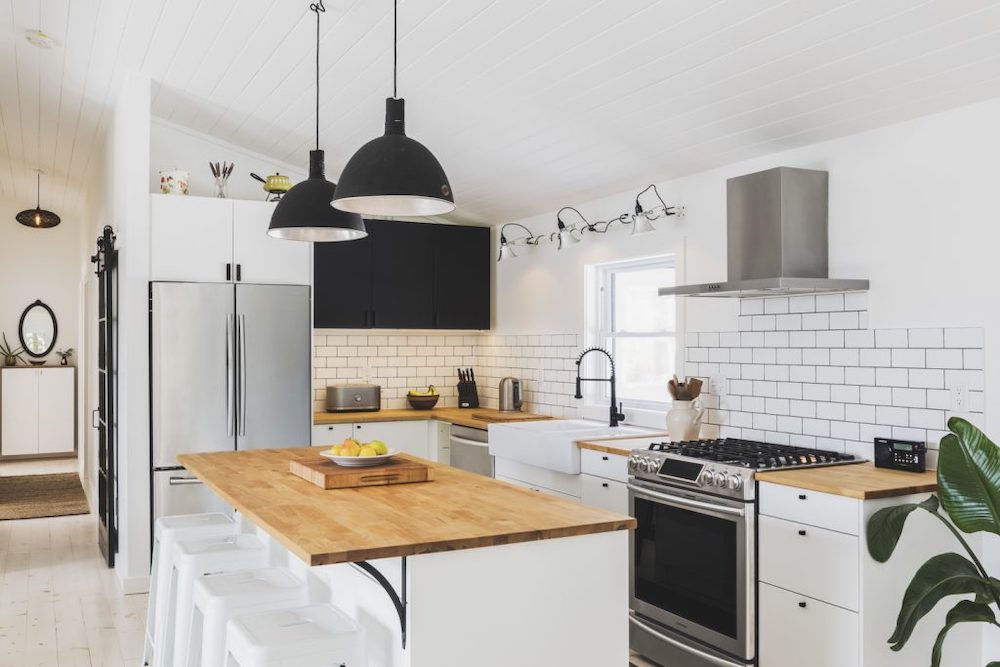
Scandinavian
In recent years, Scandinavian design has jumped across the pond to become one of the most popular design aesthetics around. Exalting simplicity of functional form over detailed decoration, this style is all about natural materials, simple neutral colour palettes and uncluttered, light-filled spaces.
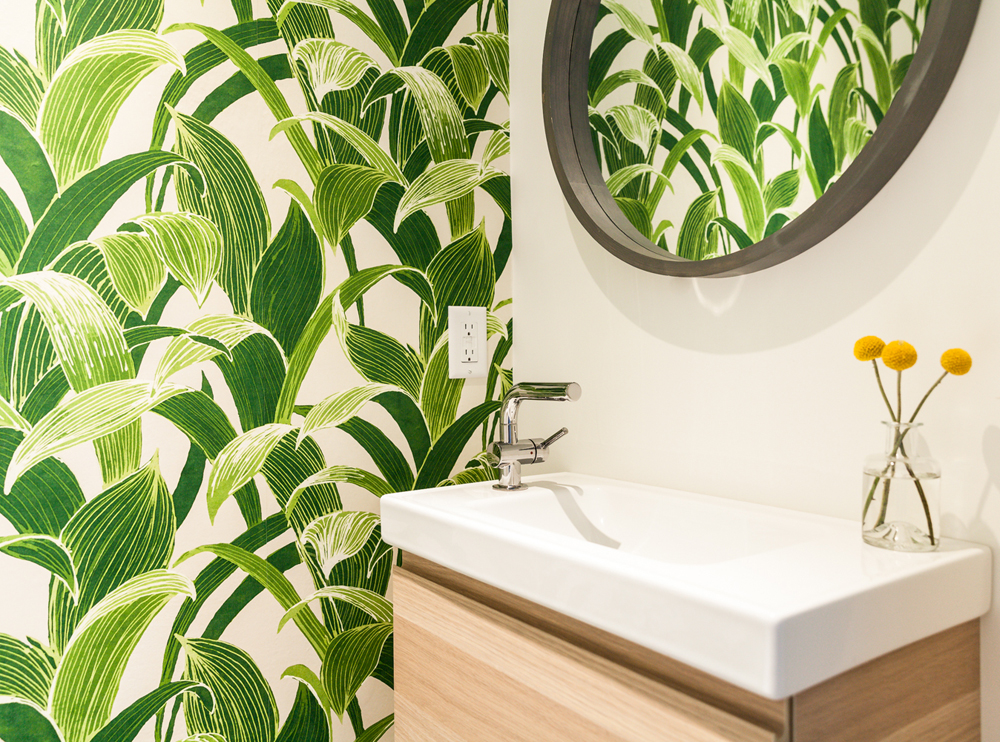
Tropical
This vibrant design ethos is all about bringing the textures and colours of the lush jungles and endless beaches of equatorial destinations into your home. Bold palm-leaf prints, thatched furnishings and muted seagrass rugs and accessories are key.
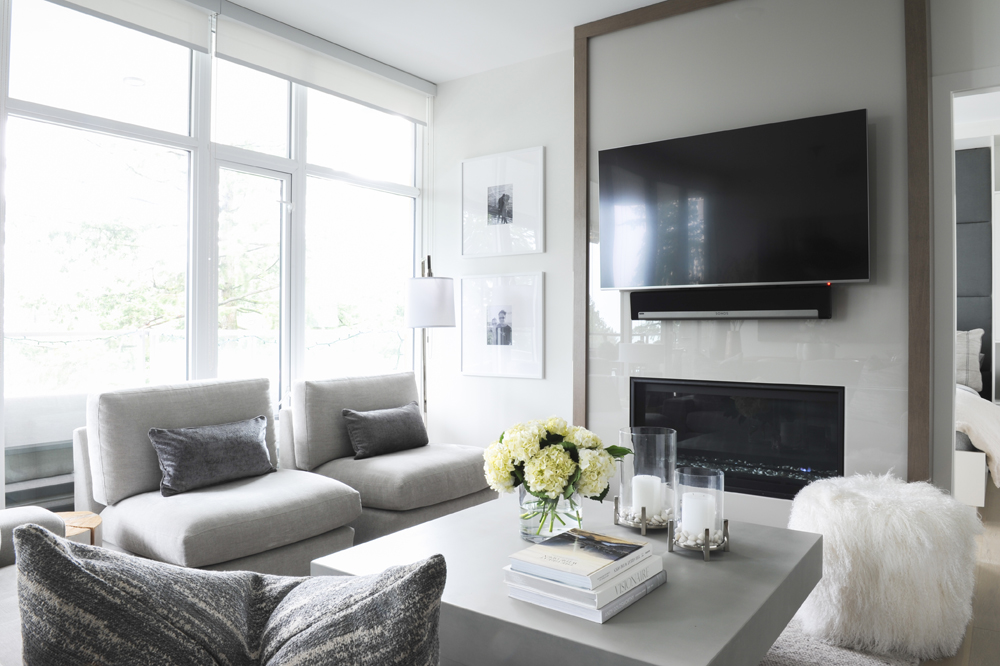
Transitional
One part traditional and one part contemporary, the transitional style marries the two design camps together by nodding to the past while keeping the look updated. Furnishings are comfortable and practical (traditional) but feature sophisticated, modern lines (contemporary).
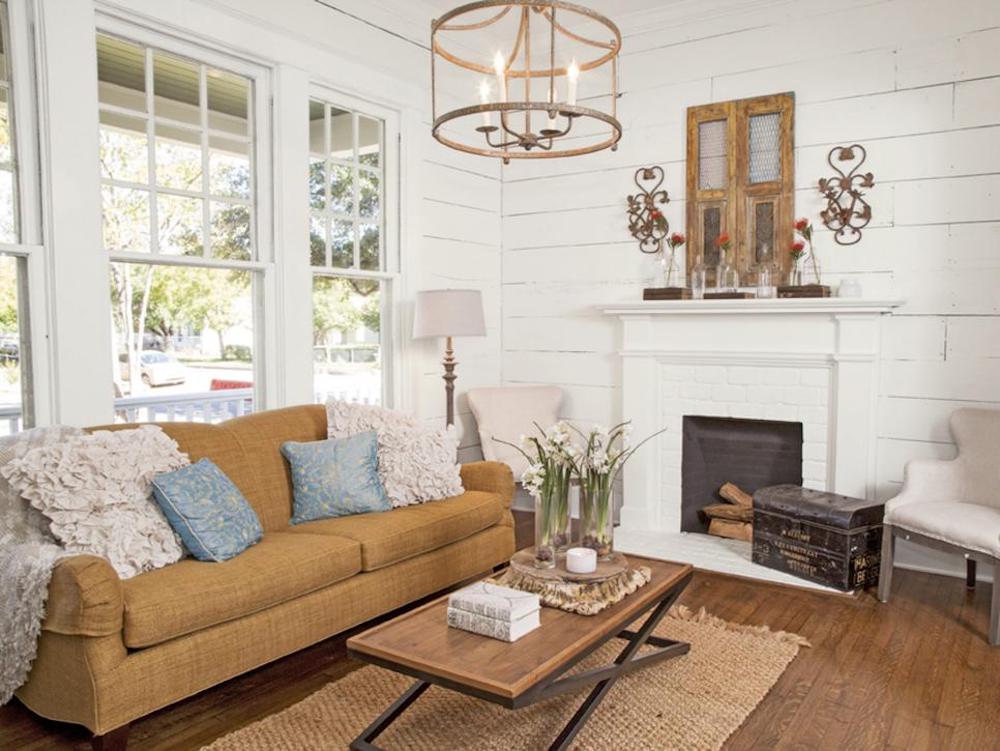
Shabby Chic
Shabby chic came to prominence in the 1980s and 1990s in response to the ultra-modernist “everything must be new” mentality of the time. Shabby chic is all about achieving that “lived in” look, with distressed, weathered white-painted furnishings, unique antique accessories and pillows and slipcovers in white linen or other muted tones.
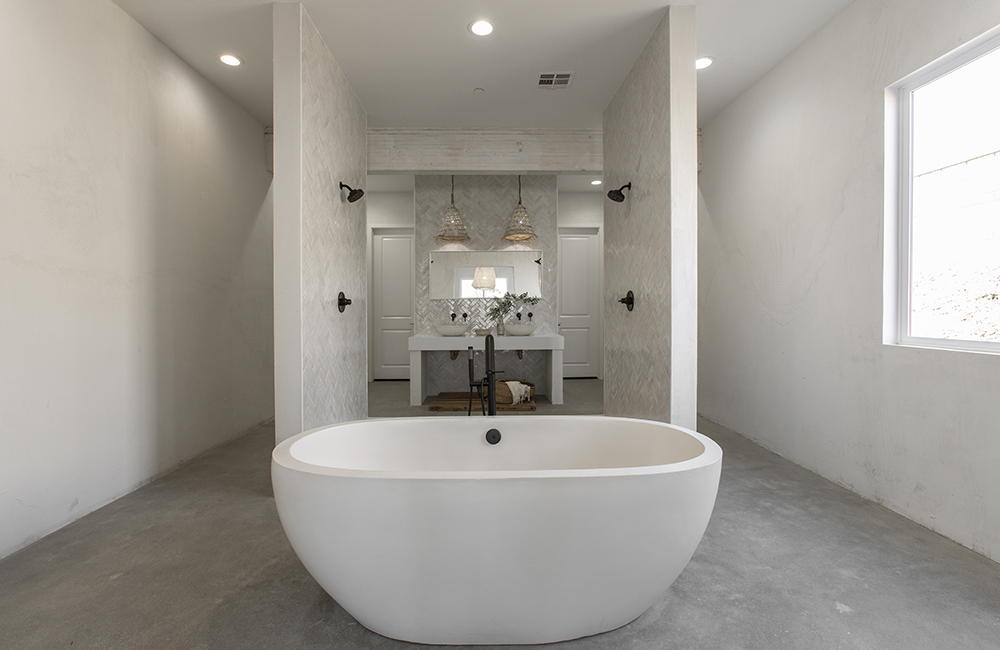
Modern
Modern design is grounded in minimalism, where the building materials are the decoration – accessories and decorative objects are completely absent. A neutral colour palette, use of strong geometrical shapes and furnishings with clean lines feature heavily in modern interior design like the above bathroom by Leanne Ford in Rock the Block.
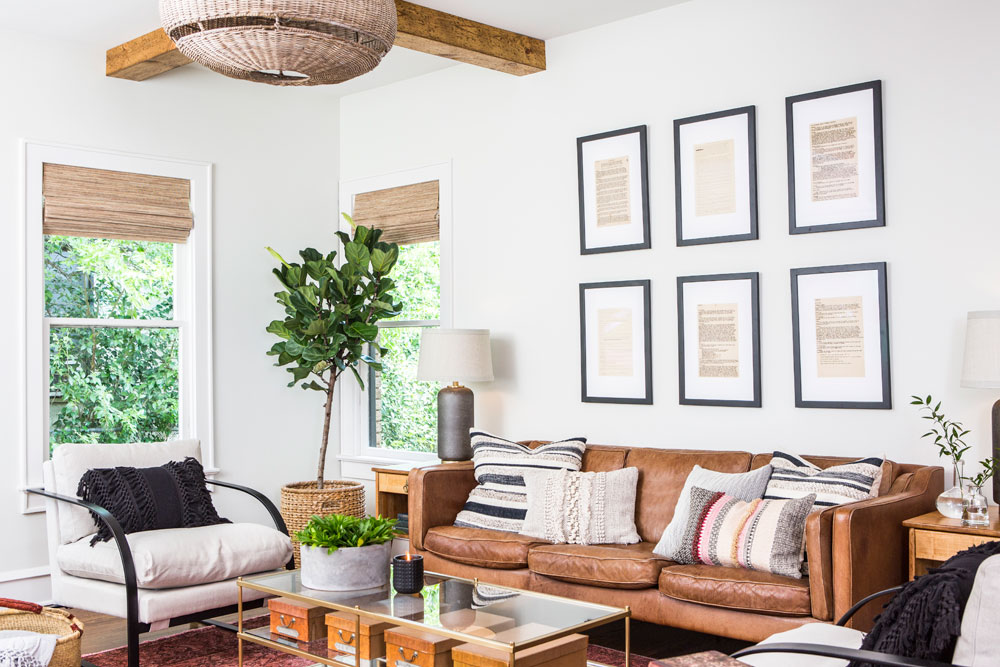
Southwestern
We continue our world tour with a stop in the southwestern States to hone in on the characteristics of this distinctive design style. Pulling together influences from Spain and the Indigenous peoples of the area, Southwestern design showcases brightly woven fabrics, leather furnishings, exposed ceiling beams, sun-washed colours and handicraft displays.
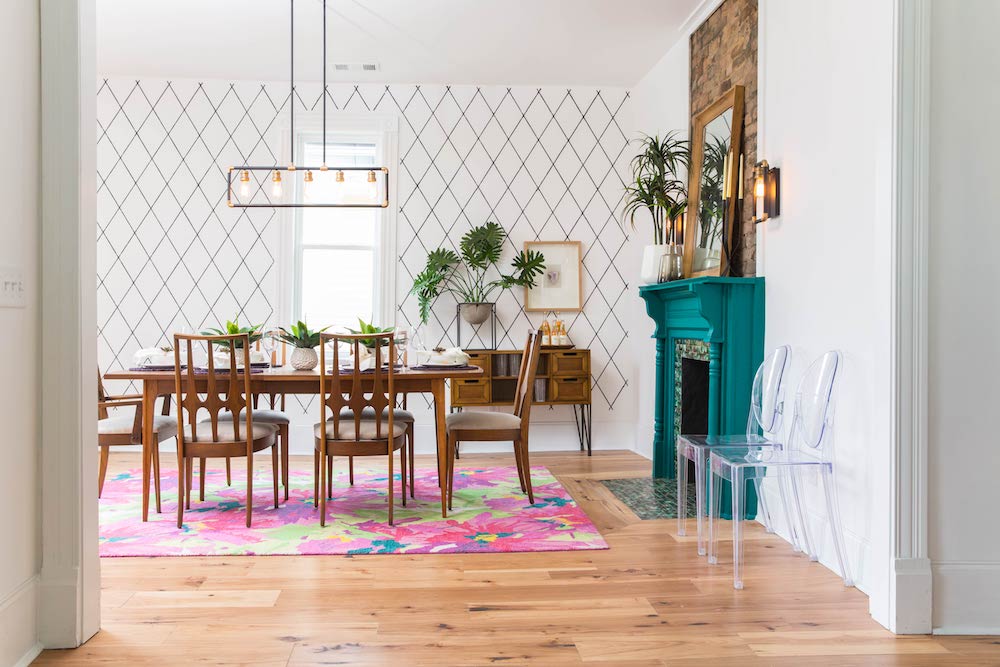
Eclectic
Rather than a hodgepodge of every single design style, eclectic design cleverly pulls inspiration from several different genres to create a space that elicits a sense of delight and surprise. Colour, pattern, composition and texture are all considered to make a room look cohesive while still feeling a bit wild.
Related: A Colourful, Eclectic Home Fit for Toronto’s Premier Rockstar Wedding Planner
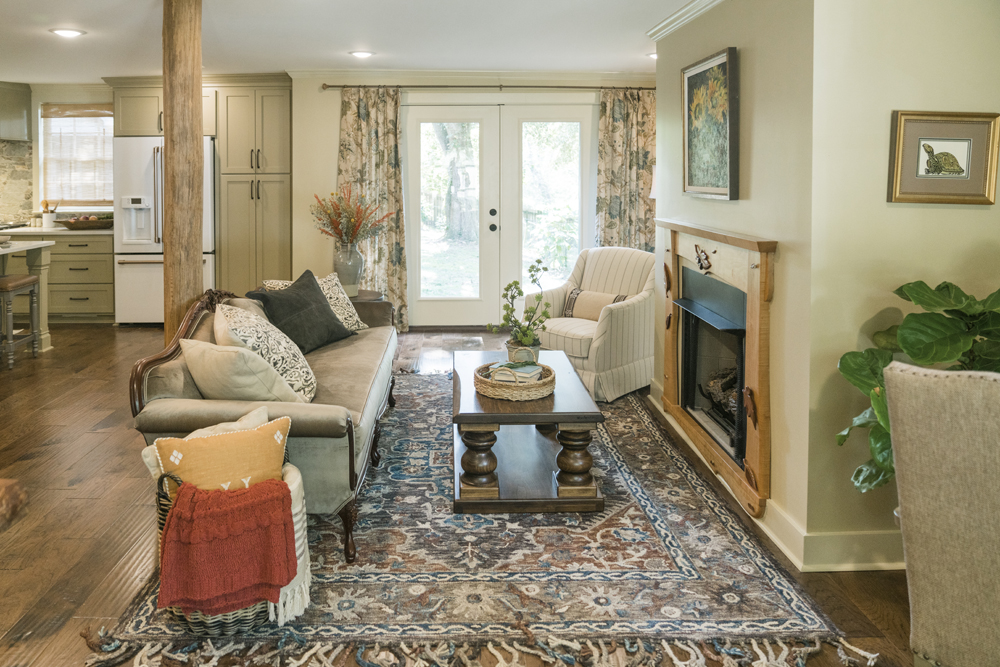
Grandmillennial
This Home Town living room designed by Erin Napier perfectly illustrates the grandmillennial decor trend. What exactly is grandmillennial style you might be wondering? The name says it all: the trend is all about giving granny-inspired decor a modern makeover. Think lots of pattern, texture and personal touches mixed with curated colour palettes and modern pieces. Grandmillennial decor is an increasingly popular trend in 2021, with people yearning for the comforts of nostalgia.
Home Network your inbox.
By clicking "SIGN UP” you agree to receive emails from Home Network and accept Corus' Terms of Use and Corus' Privacy Policy.




